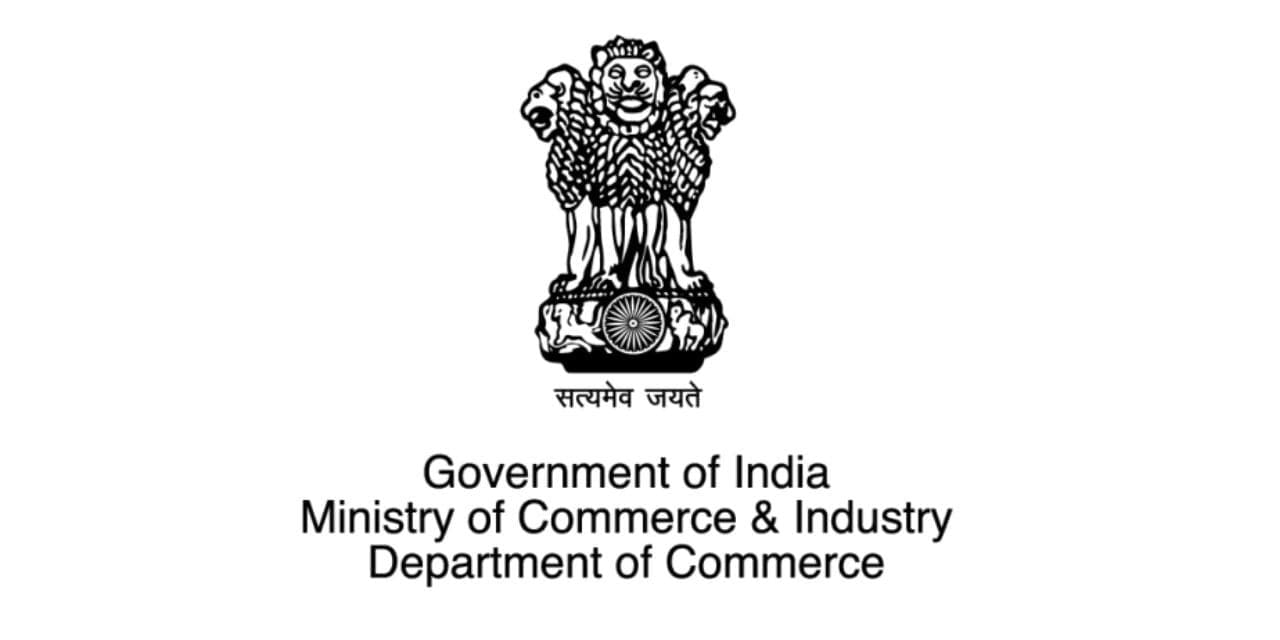In an effort to enhance India’s exports, the Commerce Ministry is actively working to resolve issues related to non-tariff barriers and improve market access for domestic products in sub-Saharan African countries such as Nigeria, Ethiopia, Ghana, and the Gulf nations. According to an official, discussions have been held with Indian missions in these countries, with which India shares significant bilateral trade.
India’s major trading partners in the sub-Saharan African region for the year 2022-23 were South Africa, Nigeria, Togo, and Tanzania. Notably, South Africa accounted for a total trade value of $18.9 billion, with exports amounting to $8.5 billion. Among the Gulf Cooperation Council (GCC) countries, Saudi Arabia, the UAE, Qatar, Kuwait, Oman, and Bahrain, collectively representing the largest trading bloc, India’s bilateral trade in 2022-23 reached considerable figures as well.
In September, a virtual meeting was convened with the Indian missions from the top ten countries in sub-Saharan Africa to discuss economic relations, trade performance, and non-tariff barriers hindering bilateral trade. Additionally, a similar meeting was held with Indian Missions in the GCC countries.
To further stimulate exports, the Commerce Ministry has advised exporters to focus on high-potential sectors like food, electronics, and engineering, as well as major markets. The ministry has also suggested organizing global-scale fairs and exhibitions to showcase Indian products and expand market outreach.
Despite these efforts, India’s merchandise exports experienced a growth of only 6.21 per cent in October, reaching $33.57 billion. However, the trade deficit surged to a record high of $31.46 billion during the same period due to increased gold imports. Cumulatively, exports between April and October this fiscal year contracted by 7 per cent to $244.89 billion, while imports declined by 8.95 per cent to $391.96 billion. The trade deficit for the seven-month period stood at $147.07 billion.
Highlighting the importance of removing non-tariff barriers, the Global Trade Research Initiative (GTRI) urged India to expedite efforts in this direction. The GTRI released a report in August, emphasizing the need for swift action to eliminate non-tariff measures (NTMs) faced by Indian exporters in various countries if India aims to achieve its one trillion dollar outbound shipment target for goods by 2030. The report identified key Indian exports that encounter significant barriers, such as ceramic tiles in Egypt and microbiological regents in Saudi Arabia.
Non-tariff measures encompass a variety of domestic regulations established by countries to safeguard human, animal, or plant health and the environment. These measures can range from technical regulations and standards to import quotas, licensing requirements, subsidies, and government procurement restrictions. When non-tariff measures become overly restrictive or lack scientific justification, they impede trade and are referred to as non-tariff barriers.

